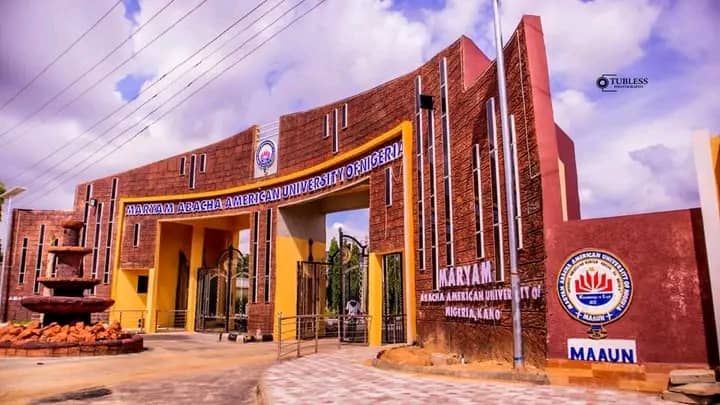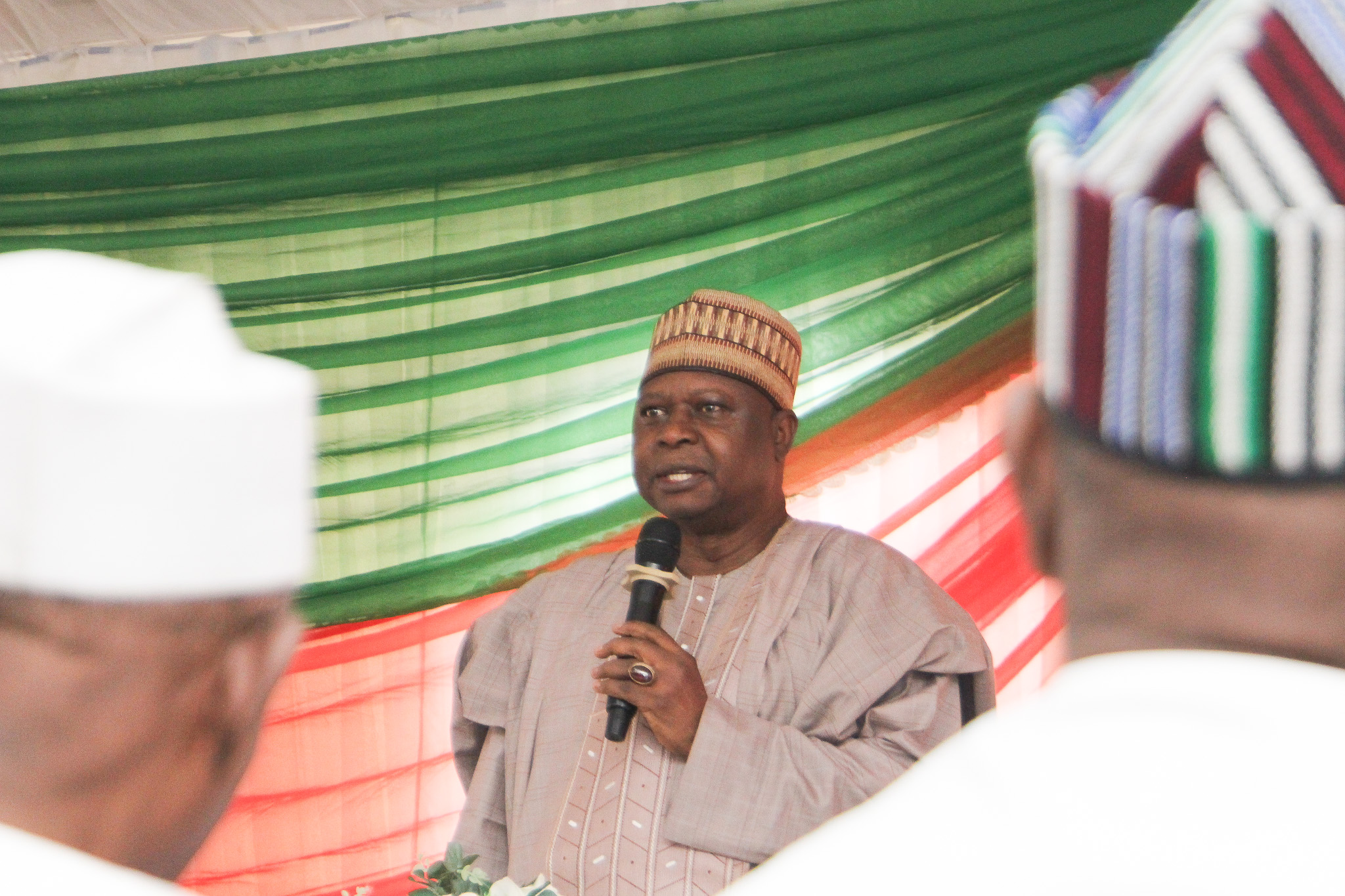
Many Nigerians have complained about the incessant increase in their electricity bills, especially those without prepaid meters. Often, they find themselves receiving estimated bills that do not reflect their own perceived energy consumption. But why does this happen?
Marketers are not happy also with the high estimated billing, but there is nothing they can do. Some are so passionate that they even advise the complainant to just get the prepaid meter to avoid such an issue.
“It affects my performance, as a marketer, when my customers cannot pay their bills, but there is nothing I can do about it because this is where I get my income too”. One marketer spoke to the Guardian requesting anonymity.
This report will explain the primary reason for estimated billing using a particular case study to solve the issue and expose illegal electricity connections in some homes.
How estimated billing works
First, what is estimated billing? Estimated billing occurs when the utility company can’t get an accurate meter reading and instead estimates your energy usage based on past consumption patterns or other factors. This can happen for various reasons, and the bill will reflect this estimate, which may or may not align with your actual usage
According to the 2012 draft of the Methodology for calculating estimated billing, the National Electricity Regulatory Commission (NERC) said, “Where the Distribution Company is unable to obtain an actual meter reading at a customer’s premises, the customer’s electricity usage shall be estimated by the company unless the customer provides his meter readings within a stipulated period”
Meanwhile, the kind of transformers installed in some streets by (NERC) officials are smart transformers. These transformers have meters placed at the front, which record the total electricity consumption of all the homes connected to them. This system allows officials to determine the total electricity consumed in a particular area without invading people’s privacy, as was previously the case.
These meters read the electricity usage of every home connected to the transformer, regardless of whether they use prepaid meters, postpaid meters, or any other means of accessing electricity.
Here’s where estimated billing comes in. Every month, before NERC officials distribute bills to homes that do not use prepaid meters, they first calculate the total expected revenue from that location. Suppose the expected revenue for a given area based on the ‘Band’ they belong to is ₦3 million, but after calculating the usage of homes with prepaid meters, only ₦1 million has been accounted for. The remaining ₦2 million is then distributed among homes without prepaid meters as estimated billing.
This means that the officials are not entirely to blame for the high estimated bills. The meter at the transformer accurately records the total energy consumed in the area, meaning that someone has used that electricity. The question is, who?
Who are the customers issued estimated billing?
According to the NERC, the categories of customers who are given estimated billing are listed below; take note if you fall under any of them.
New Customer: A new Customer is any person who has applied to a Disco to be connected to the distribution network and has been so connected by the Disco but is yet to be issued a meter.
Where a customer has applied for electricity supply in a format required by the DISCO and approved by the Commission and the customer is connected to electricity supply without a meter and where a derogation is obtained on the provisions of Section 1.2 of the regulations on Standards of Services which stipulates the Disco must fit meters within 10 working days, the customer shall be estimated but supplied and installed a meter within three (3) months of such an application at the customer’s premises.
Customers with faulty meters: These are existing Customers who have been issued meters which are no longer functional.
Where a customer’s meter develops a fault and a complaint is appropriately made by the customer, the DISCO shall repair or replace the faulty meter before the end of the billing cycle within which the complaint was made.
Customers whose meters cannot be read: These are customers whose meter readings could not be obtained by the DISCO due to inaccessibility occasioned by locked doors, customers not at home at the time of reading the meter, presence of dogs on the premises etc.
Whenever a DISCO is unable to obtain a meter reading at a customer’s premises and notifies the customer in a manner approved by the Commission, the DISCO shall estimate the customer’s usage for the period. The DISCO shall endeavour to read the meter, at least, once in three (3) months and the estimated bills issued shall not amount to a figure above the cumulative average of the customer’s consumption.
The real problem: illegal electricity users
One of the major challenges of estimated billing is electricity theft by individuals who bypass the proper process. Some households that have been disconnected due to unpaid bills choose not to settle their outstanding payments. Instead, they illegally reconnect their electricity—usually at night to avoid detection.
When these homes use electricity illegally, their consumption is recorded by the transformer’s meter. However, because these individuals are not paying for their usage, the cost is passed on to law-abiding residents through estimated billing. In other words, honest electricity consumers are unfairly forced to bear the burden of these illegal activities.
What can you do?
One thing you can do is to continue to request a prepaid meter to avoid issues like this, which can be frustrating. However in the absence of getting your prepaid, then your civic responsibility has to come in.
Here the best way to tackle this problem is to report illegal electricity users. Many homes do these; we know them, but we do not do anything because we do not know the implications. Now you know and it is time to take necessary action.
Nigerians often complain about government exploitation, but many do not understand the process behind their electricity bills. Electricity theft is a significant factor in the high cost of power for honest consumers. With the new metering system on transformers, everyone in an area pays—directly or indirectly—for the total energy consumed.
While we may have valid grievances against the government, one way to protect our rights is to hold ourselves accountable. Innocent and law-abiding citizens should not have to pay for the crimes of others. Now that you know how estimated billing works, you can take action.
Start reporting illegal connections today—because you are the one paying for their theft.





